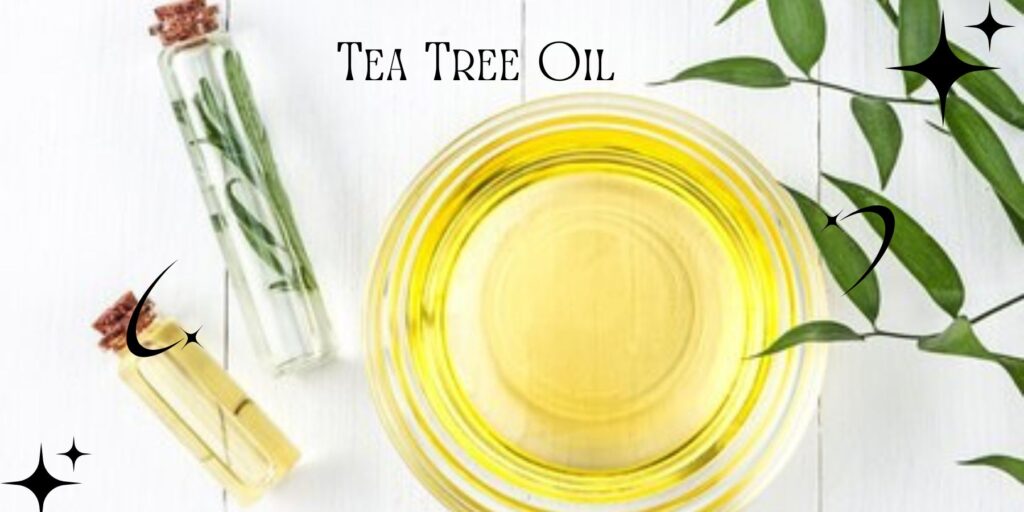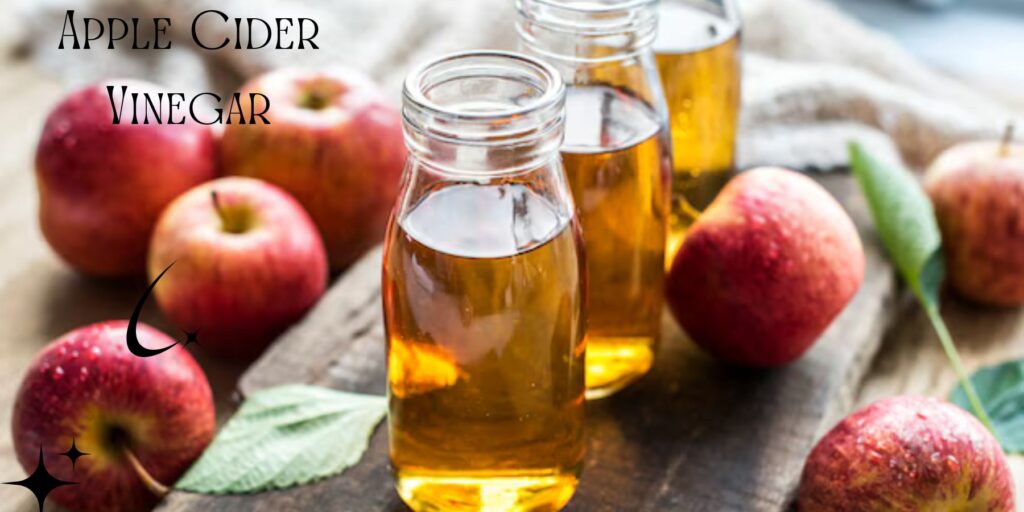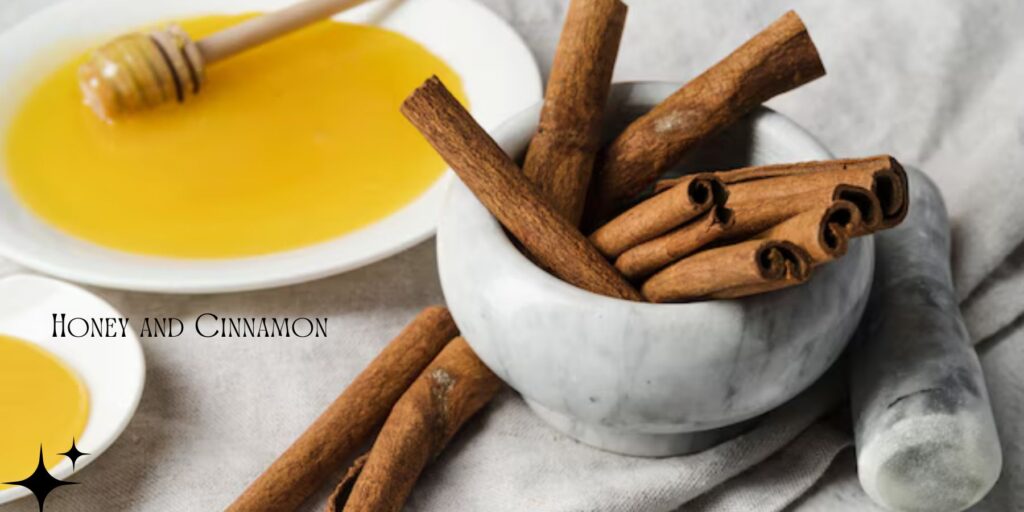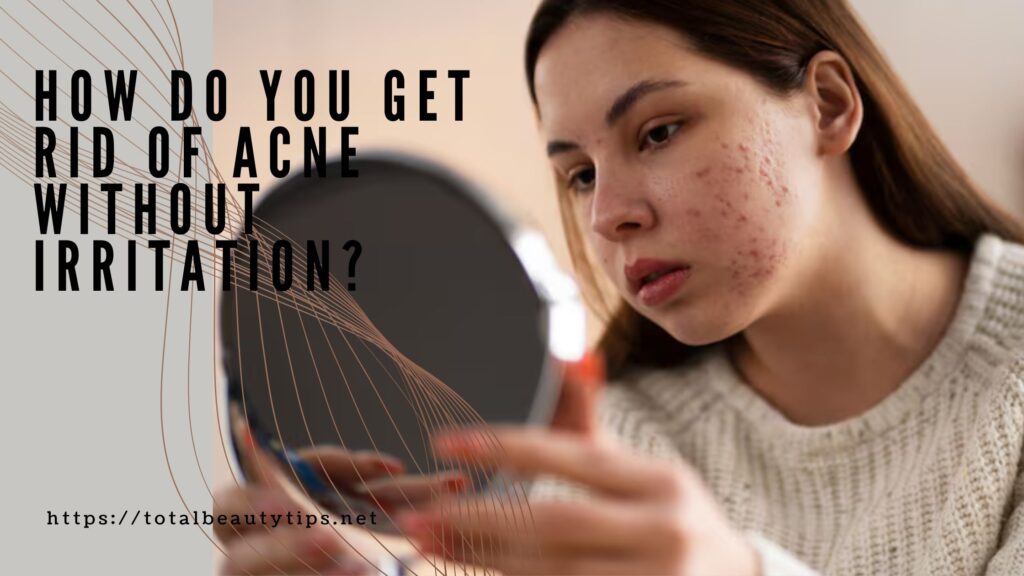Supplements and targeted treatments may aid in preventing acne and healing blemishes. Adjusting your diet can also have a positive impact. Acne is one of the most common skin problems, affecting around 85% of young adults. Traditional acne treatments, like salicylic acid, niacinamide, and benzoyl peroxide, are proven to work well but can be pricey and often cause side effects like dryness, redness, or irritation.
Because of this, many people turn to natural remedies at home to treat acne. While a lot of these methods lack solid scientific proof, more research is needed to confirm how effective they are. Still, if you’re open to alternative treatments, there are options worth trying. The most effective way to reduce acne is through standard clinical treatments. You can also consider trying home remedies, although more research is needed to verify their effectiveness. Below are 5 home remedies for acne.
Read More: Top 10 Hair Care Mistakes You Are Probably Making
Spot Treat with Tea Tree Oil

Tea tree oil, extracted from the leaves of the Melaleuca alternifolia tree native to Australia, is a natural acne remedy. Compared to benzoyl peroxide, studies found that participants using a tea tree oil ointment experienced less dry skin and irritation and were more satisfied with the treatment. It may also serve as an alternative to topical and oral antibiotics, which could lead to bacterial resistance with long-term use.
Since tea tree oil is highly concentrated, always dilute it before applying it to your skin.
How to Use:
- Mix 1 part tea tree oil with 9 parts water.
- Use a cotton swab to apply the mixture to affected areas.
- Apply moisturizer if needed.
- Repeat 1 to 2 times daily.
Pros: Natural, small amount needed, can be left on overnight
Cons: Can be drying, essential oils not FDA-approved
Apply Apple Cider Vinegar

Apple cider vinegar is a popular home remedy made from fermenting apple cider. It contains organic acids like citric acid and has been noted for its antibacterial and antifungal properties. However, its effectiveness for acne treatment is not well-established.
How to Use:
- Dilute 1 part apple cider vinegar with 3 parts water (use more water for sensitive skin).
- After cleansing, gently apply the mixture to your skin using a cotton ball.
- Leave it on for 5 to 20 seconds, then rinse off with water and pat dry.
- Repeat 1 to 2 times daily if desired.
Pros: Cost-effective- Easily accessible- May improve acne scars
Cons: Risk of skin irritation
Apple cider vinegar, made from fermenting apple cider, contains organic acids like citric acid. It has antibacterial and antifungal properties, but there is limited evidence supporting its effectiveness for acne treatment. Dermatologists often advise against its use due to potential irritation.
Caution: Apple cider vinegar may cause burns or irritation. Most dermatologists do not recommend it, so if you try it, use small amounts and always dilute it with water.
Moisturize with Aloe Vera
Aloe vera is a tropical plant known for the clear gel produced in its leaves, commonly added to lotions, creams, ointments, and soaps. This gel contains salicylic acid and sulfur, both of which are frequently used in acne treatments.
How to Use:
- Scrape the gel from fresh aloe vera leaves using a spoon.
- Apply the gel directly to clean skin as a moisturizer.
- Repeat 1 to 2 times daily or as desired.
Alternatively, you can purchase aloe vera gel from stores, but ensure it’s pure aloe without added ingredients.
Pros: Natural, found in many skincare products, can be combined with other ingredients
Cons: Limited studies to support its acne benefits, some store-bought products may contain additives
Make a Honey and Cinnamon Mask

The combination of honey and cinnamon bark extract has shown antibacterial effects against “Propionibacterium acnes” (P. acnes), the bacteria linked to acne. While honey may inhibit or kill *P. acnes*, current research doesn’t prove that it effectively treats acne. In fact, applying honey after using antibacterial soap was found to be no more effective than using the soap alone.
Though the anti-inflammatory and antibacterial properties of honey and cinnamon may help reduce acne, further research is needed to confirm their effectiveness.
How to Use:
- Mix 2 tablespoons of honey with 1 teaspoon of cinnamon to form a paste.
- After cleansing, apply the mask to your face and leave it on for 10 to 15 minutes.
- Rinse thoroughly and pat your face dry.
Pros: Antibacterial, simple to prepare
Cons: Lack of sufficient research backing the claims
Apply Green Tea to Your Skin
Green tea is rich in antioxidants, making it beneficial for overall health. It may also help reduce acne due to its polyphenols, which can fight bacteria and reduce inflammation—two key factors in acne development. Applying green tea directly to the skin has been shown to significantly reduce sebum production and pimples in people with acne.You can purchase creams and lotions containing green tea, but it’s just as easy to create your own remedy at home.
How to Use:
- Steep green tea in boiling water for 3 to 4 minutes.
- Let the tea cool completely.
- Apply the tea to your skin using a cotton ball or spritz it on with a spray bottle.
- Let it dry, then rinse off and pat your skin dry.
- You can also mix leftover tea leaves with honey to make a mask.
Pros: Natural, easy to make, offers multiple benefits
Cons: Limited studies on effectiveness.


